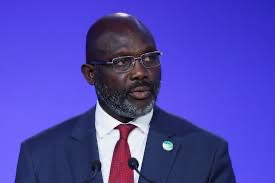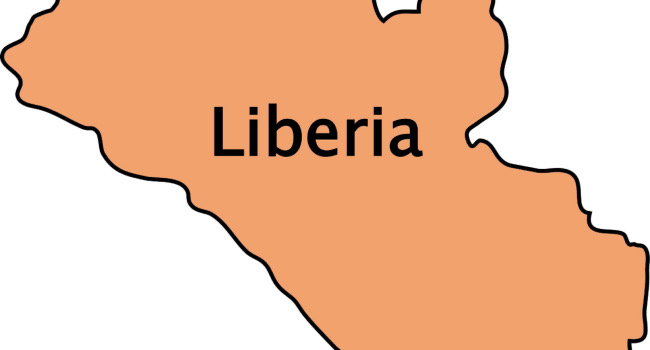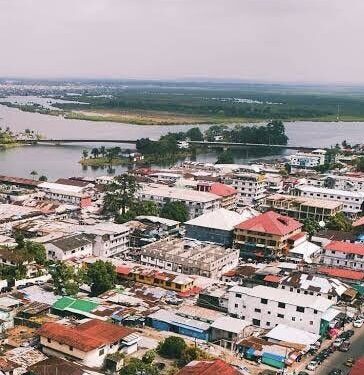The Liberian National Disaster Management Agency (NDMA) has recently disclosed that the flood triggered by incessant rainfall between the end of June and early July have left approximately 50,000 Liberians in dire need of assistance.
The flood-prone capital city was particularly affected, partly due to its overpopulation, an insufficient sewage system, and a lack of effective building regulations.
In response to the devastating flood that ravaged Monrovia, the country’s capital, and other parts of Liberia, a joint committee of the Senate convened in early July to assess the persistent flooding issues and put forth a proposal to create a new city to serve as the country’s capital.

“The current capital city is in a state of disarray,” observed Chris Kpewudu, a young motorbike driver in the capital. “There is widespread garbage and flooding whenever it rains. A newly planned city could be well-organized and potentially rival the likes of Abuja.”
Nigeria’s Abuja, Tanzania’s Dodoma, and Yamoussoukro in Côte d’Ivoire are examples of planned capital cities established on the African continent towards the end of the 20th century, occupying geographically central positions within their respective countries.
Monrovia, the current capital of Liberia, is home to a population of 1.5 million and is situated along the Atlantic coast of one of the world’s poorest nations. The City of Monrovia serves as the economic, political, and cultural hub of Liberia, with the Freeport of Monrovia providing a gateway for Liberian exports, including iron ore, rubber, and timber, to reach the United States and Europe. However, the city’s poorly functioning infrastructure is struggling to keep pace with its ever-expanding population.

The Liberian Ministry of Public Works has revealed they are carefully examining the suggestion to relocate the capital city, evaluating its feasibility and potential benefits. T. T. Benjamin Myers, the Ministry’s Communications Director, noted that the plan has not yet been finalized and does not include a designated location for the move. Myers emphasized that any decision regarding the relocation would be based on thorough economic analysis and assessments, ensuring that the proposed move is viable and beneficial for the country.
In his statement, T. T. Benjamin Myers stated “Having a new city is capital-intensive. As a country, our national budget is still around $600 million, so having a new city will require a lot of technical, financial, and economic factors to be seriously considered.”
The proposal to replace the capital is not a new concept in Africa’s oldest republic. In 2012, then-President Ellen Johnson Sirleaf suggested relocating Monrovia to a new city called Zekepa, located in the center of the country. According to Marayah Fyneah, the national program officer of the Liberian Women’s Legislative Caucus, the idea was met with enthusiasm, but no detailed plan was ever presented.


































